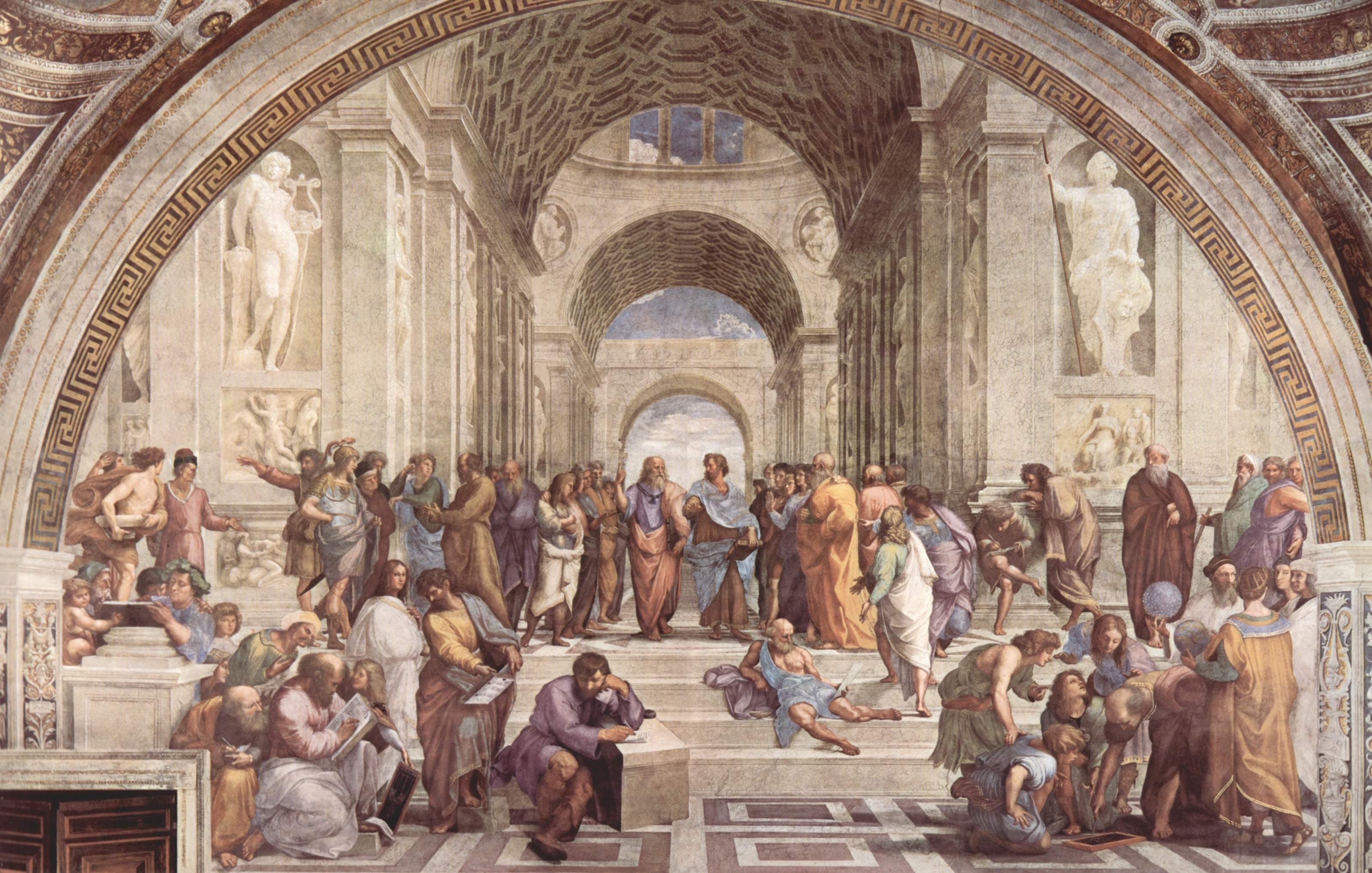Personally, I think there’s nothing worse than getting to the end of a book and being disappointed by the resolution of the story. I especially hate it when the story has been gripping but the ending is a total letdown. I don’t know about you, but when that happens, I feel cheated.
It may be that the resolution is just too unbelievable — the characters are suddenly rescued and everybody lives happily ever after — or some important detail is left unexplained (unless there’s going to be a sequel or the book is part of a series). Sometimes the ending is just too sudden. Whatever the cause of the disappointing ending, you want to be 100% sure you avoid leaving your readers feeling cheated by the ending of your novel.
So, what do you need to avoid if you want an ending that doesn’t fall flat? Keep reading, and I’ll give you some hints.
Mistakes You Need to Avoid
1. Characters Who Suddenly Begin to Act Out of Character
If, throughout the course of your novel, Philip has been mild-mannered, calm, and unflustered no matter what has happened to him, then to have him suddenly, at the climax of the story, become aggressive, panicked, and brash is just going to confuse your readers. Likewise, if Derek has been hotheaded throughout the story, having him become the epitome of calm when faced with disaster is going to seem strange.
If you plan for a character to behave in a certain way in the concluding chapters of the story, you need to foreshadow that behavior. It’s got to seem natural. People don’t just do a 180 in their behavior. Keep your characters in character — consistency is your friend.
2. Shocking Endings That Seem Out of Place
If you’re writing a thriller, having bombs going off in the climax of your story is to be expected (or, at least, wouldn’t seem out of place). If, however, you’re writing a gentle romance set in Amish Country, then explosions in your ending could leave your readers puzzled. I’ve tutored writing students who’ve presented me with those kinds of shocking endings that had me wondering if they’ve mistakenly copied-and-pasted the wrong ending onto their story.

Don’t do it. The climax of your story doesn’t have to be explosions and disasters and characters fighting for their lives. If your story is more gentle in nature, you need a dramatic ending that is character-led or mystery-led rather than adding a shocking ending just for the sake of it. It’s fine to end your story with a whisper, not a bang!
3. Cheating Your Reader With New Information
You get to the end of a book, and the author has neatly tied up all the loose ends. Great. That’s what I like in a standalone book. However, if the loose ends have been tied up with a thread that has literally come out of nowhere, there’s a problem. This happens more often than I care to remember, and it frustrates the life out of me.
For example, your heroine has been on a quest to uncover the truth about her great grandfather. There’s been lots of mysteries and scandals, and puzzles that have seemed impossible to solve. Finally, your heroine arrives at the end of the journey. There are a number of unresolved threads to the story, and you need to wrap things up.
Suddenly, Katya’s phone rang. It was her mother. Sighing at the distraction, she answered the call.
“How are you getting on, honey?” Mom asked.
“There’s nothing here, Mom,” Katya sighed. “I don’t know where else to look.”
“Did you check under the floorboards?” Mom asked. “I’m certain that’s where Grandpa said it would be.”
“What? You didn’t tell me your grandfather had left instructions!” Katya exclaimed.
“I didn’t?” Mom replied. “The letter was in the box I gave you.”
“I thought that was just old photos!” Katya yanked open her backpack and pulled out a battered metal box. There, under piles of faded black and white photographs was an envelope, yellow with age. Katya opened it carefully and pulled out the letter inside. She scanned the pages, nodding at the details that matched what her mother had told her. The last paragraph was unfamiliar, however.
Katya sighed. If only her mother had mentioned these details, the last couple of days need never have happened. She glanced out of the window to where Drew was still laboriously filling in the holes they’d dug.
“I wish you’d told me about the letter, Mom,” she said.
“I presumed you’d look through the box, honey,” Mom retorted.
In this (somewhat predictable) ending, the heroine learns that she’s been carrying around the information she needs to solve the mystery once and for all — but the problem is that this is the first time the box has been mentioned. Naturally, the reader will feel cheated.
4. Deus Ex Machina
Just in case you’re not fluent in Latin (neither am I, of course!), what I mean by deus ex machinais that ancient storytelling trope the Greeks used to love, where the hero is suddenly rescued at the last minute by the gods who swoop in to save him.

Although deus ex machina is an ancient technique, that doesn’t mean it doesn’t turn up in modern fiction. It does. Oh boy, it does. For example, your hero is hanging by his fingertips off a cliff edge when suddenly there’s the sound of a helicopter. His friend/uncle/brother/father/boss is there to save him — but the news that the savior a) owns or has access to a helicopter and b) can fly a helicopter is news to the reader.
I’m sure you’ve encountered these kinds of endings in books you’ve read. Try to think of some of the worst you’ve come across and drop them in the comments below!
Will your reader be disappointed if you resort to this technique? You bet they will. So don’t.
Exercises You Need to Practice
The best way to learn how to avoid a dissatisfying ending is to practice. There are two parts to this practical aspect of writing great endings, and I can guarantee you’re already doing one of them. Unless, of course, you’re one of those oddities in the writing world who never reads other people’s novels.
Yes, you’ve guessed it. The first part of the practical exercises is to recognize what’s wrong in story endings that leave you disappointed. Instead of taking straight to GoodReads or Amazon or your blog (or wherever else you write book reviews) to give a scathing denouncement of the book you’ve just finished, spend some time working out whyyou feel let down. Ask yourself:
- What did the author fail to do?
- How could the ending have been made better?
- What is the biggest letdown in the ending?
- Why doesn’t the ending work?
The second part of the practical exercises is to spend time carefully examining your own endings. Are you guilty of making any of the mistakes outlined above? Could your endings be somehow made more satisfying for your readers? Pick a story ending that you think could be improved and redraft it, eradicating any potentially disappointing aspects and polishing it until even the harshest critic would find it difficult to find fault.
Your Job as a Writer is to Satisfy
Although there are plenty of writers — including (shockingly) some bestselling authors — who didn’t get the memo about a writers’ responsibility to satisfy the reader, it’s an unavoidable fact. Your continued success as a writer depends on it, so don’t make excuses.
Just because [insert name of a bestselling author here, because I don’t want to get sued for defamation of character!] gets away with rubbish endings doesn’t mean you will. They (probably) have a lot of money with which to purchase their place on the bestseller lists, but that’s really not the way to do it.
Learn to write great endings. Your readers deserve that.




















